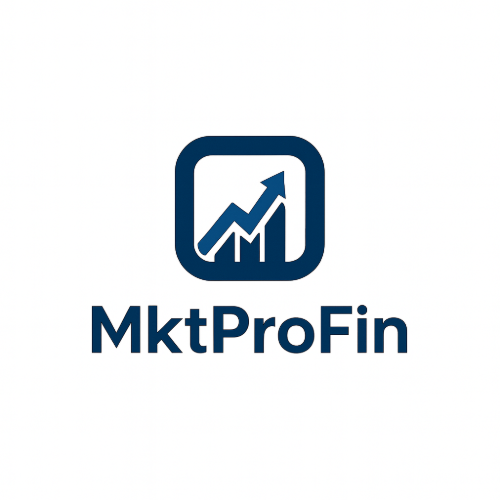Going Independent? Start with a Solid Legal and Compliance Foundation
Legal and regulatory issues are frequently at the top of the list of worries for financial professionals who want to leave the industry and launch their own independent business, and with good cause. Building a practice that is both legally sound and complying with regulations from the start is more important than simply acquiring clients when going solo. From the SEC and FINRA to state insurance departments, the financial sector is subject to a complex web of federal, state, and industry-specific laws. Errors can be expensive in terms of money and reputation. A clear, proactive legal and compliance strategy is therefore necessary to guarantee a seamless, well-thought-out, and long-lasting solo debut.
Registering Your Business and Choosing the Right Structure
You must choose how to legally set up your new business before you sign your first client contract. To minimize personal liability and maximize tax results, the majority of independent advisors choose an LLC or S-Corp. At this point, you should:
File the necessary paperwork with your state.
Get an EIN from the IRS.
Create a bank account for your business.
Create a business agreement, particularly if you have partners.
Everything from your tax responsibilities to your capacity to obtain funds and expand is impacted by your structure. Speaking with a corporate lawyer or certified public accountant who is knowledgeable about the financial services sector is a wise move.
Regulatory Registration, Licensing, and Compliance Systems
Regulatory registration is one of the most significant (and time-consuming) phases in becoming independent. Based on your offerings, this could entail:
registering with the SEC or your state as a Registered Investment Advisor (RIA)
Getting new FINRA licenses or transferring existing ones
submitting an ADV form that fully discloses all services, costs, conflicts of interest, and other information
Putting in place a compliance handbook and yearly evaluation procedures
Here is where hiring a compliance consultant rather than a full-time compliance officer can provide knowledgeable, affordable advice. To keep you ready for inspections, a consultant can help you create internal processes, manage your transition, and carry out simulated audits.
Contracts, Client Disclosures, and Marketing Compliance
Now that you have a license and are legally established, you should concentrate on the resources you will use to communicate with customers and the general public. This comprises:
Privacy policies and client agreements
FINRA/SEC-compliant marketing materials (website, email, social media)
Continuous documentation and communication archiving
Avoid making the mistake of reusing old brochures or duplicating text from the website of another company. Regulators anticipate that all client-facing content adheres to stringent rules and is tailored to your particular services.
Data Security and Cyber Compliance
Finally, cybersecurity is no longer optional—it’s a regulatory requirement. Your compliance roadmap must include:
Data encryption and secure client portals
Annual cybersecurity risk assessments
Incident response policies
Vendor due diligence for any third-party tech providers
Going solo as a financial advisor is exciting but it also comes with new responsibilities. At MktProFin, we help financial professionals navigate the legal, compliance, and branding challenges of your independence. Whether you’re preparing to launch or optimizing your current practice, our marketplace connects you to compliance consultants, lawyers, RIA registration services, and more.


